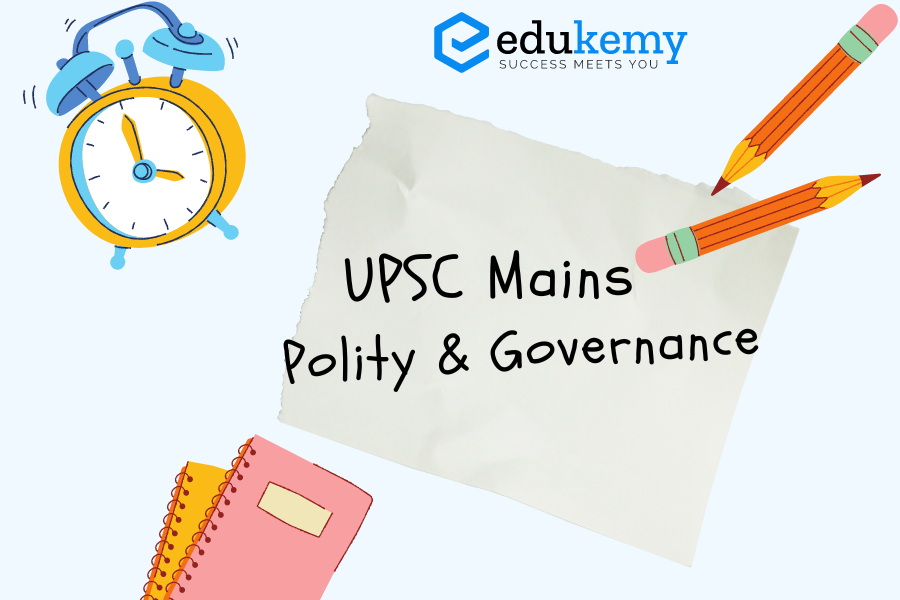
Contents
Introduction:
A pressure group is an organized collective actively advocating and safeguarding shared interests, aiming to influence public policy by applying pressure on the government. These groups act as intermediaries between the government and their constituents.
Body:
Enhancing Broader and More Participative Democracy:
- Political Socialization: Pressure groups serve as conduits for the political socialization of diverse communities and social groups, contributing to the fortification of democracy.
- Interest Articulation: These groups help crystallize and articulate the demands and needs of the people, playing a pivotal role in bringing these concerns to the attention of decision-makers. For instance, the Narmada Bachao Andolan has effectively expressed environmental and social concerns.
- Role in Legislative Process: Pressure groups are crucial in the legislative process, serving not only as platforms for interest articulation but also as active entities involved in lobbying with legislators to shape legislation and government policies.
- Shaping Public Opinion: Continuously evaluating laws, rules, decisions, and policies affecting the interests they represent, pressure groups, such as farmers’ organizations, attempt to influence public opinion and government policies through media, social media, and interviews.
Limitations and Challenges:
- Political Instrument: Some pressure groups deviate from their primary purpose and become tools to serve political interests, compromising their role as democratic facilitators.
- Narrow Interests: In India, certain pressure groups focus on narrow, selfish interests, often organized around religious, regional, and ethnic issues, overshadowing broader socio-economic concerns.
- Misuse of Power: Pressure groups can be manipulated to serve political interests rather than the interests of the people.
- Instability: Many pressure groups lack autonomous existence, rendering them unstable and politically uncommitted. Their loyalties can shift with changing political scenarios, potentially misaligning with the general welfare.
- Extremism: Some pressure groups, if granted excessive influence over the government, may be controlled by unelected extremist minority groups, potentially resulting in unpopular or extreme consequences, including unconstitutional actions such as violence, as seen in the Naxalite movement that began in West Bengal in 1967.
Conclusion:
In democratic politics, decision-making involves consultation, debate, and discussion. Pressure groups can serve as crucial channels of communication between citizens and the government, but monitoring their vested interests is essential to ensure the preservation of democracy’s true essence, fostering a genuinely participative democracy.

In case you still have your doubts, contact us on 9811333901.
For UPSC Prelims Resources, Click here
For Daily Updates and Study Material:
Join our Telegram Channel – Edukemy for IAS
- 1. Learn through Videos – here
- 2. Be Exam Ready by Practicing Daily MCQs – here
- 3. Daily Newsletter – Get all your Current Affairs Covered – here
- 4. Mains Answer Writing Practice – here

